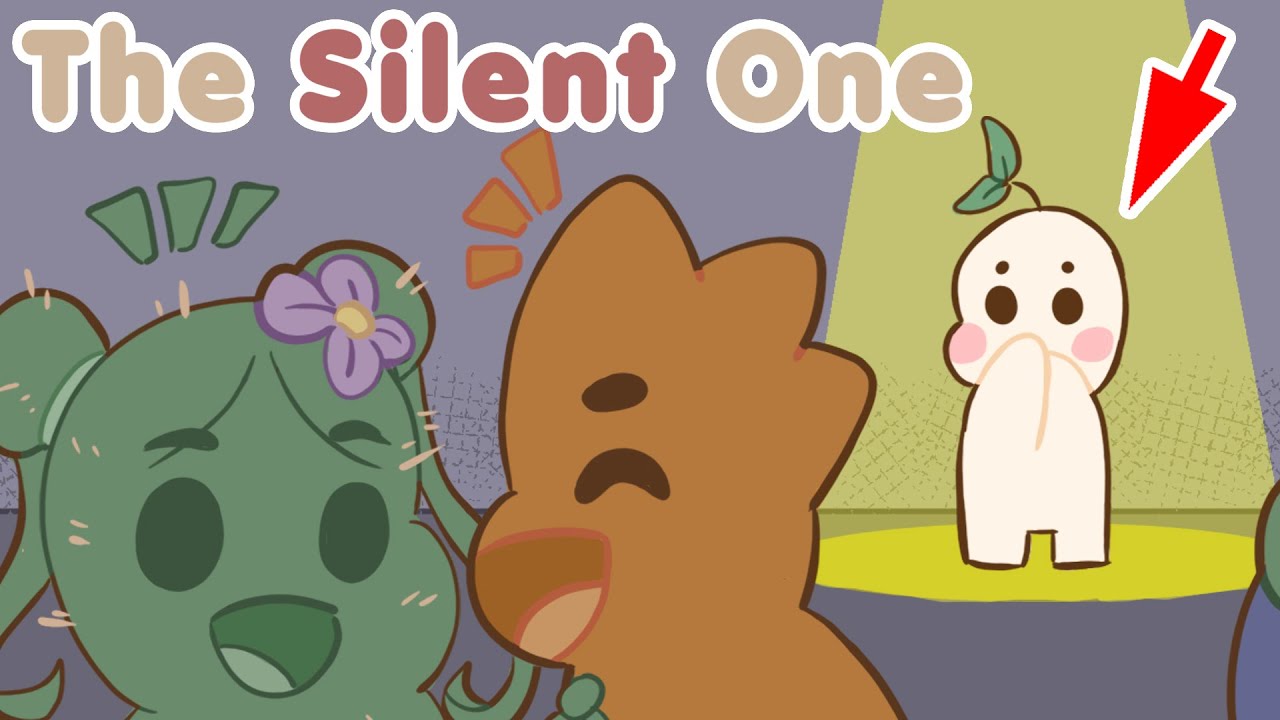Understanding the Nature of Silence
Many individuals often find themselves pondering the question, “Why am I so quiet?” This inquiry often leads to a deeper exploration of one’s personality traits and social behaviors. Silence can be a complex aspect of our personalities, shaped by various factors including environmental influences, cultural background, and individual experiences.
The Spectrum of Personality Traits
To better understand why some people are quieter than others, it’s essential to look at the spectrum of personality traits. Psychologists often categorize personalities into various types, each with its own unique characteristics. Here are some of the key traits that can contribute to a quieter demeanor:
Introversion vs. Extraversion
One of the most significant factors influencing why someone might be quiet is their position on the introversion-extraversion spectrum.
- Introverts tend to feel more comfortable in solitary environments and may find social interactions draining.
- Extraverts, on the other hand, thrive in social settings and are often more vocal.
For many introverts, being quiet is not a sign of shyness or insecurity; rather, it is a natural expression of their personality. They may prefer to listen and observe rather than dominate conversations.
Social Anxiety and Fear of Judgment
Another critical aspect that can contribute to a quiet disposition is social anxiety. Individuals who experience anxiety in social situations may avoid speaking up due to:
- Fear of negative evaluation from others
- Worry about saying the wrong thing
- Concern over being judged or misunderstood
This fear can create a cycle where the individual becomes increasingly quiet, reinforcing their anxiety and making social interactions even more challenging.
The Impact of Environment
The environment in which a person grows up can significantly influence their communication style. Factors such as family dynamics, cultural expectations, and social settings all play a role in shaping a person’s inclination to be quiet.
Family Dynamics
Children raised in families that encourage open communication may develop different traits than those from more reserved households. For instance:
- In families where discussion and debate are encouraged, children may grow up feeling comfortable expressing their thoughts.
- Conversely, in families where silence is valued or where children are often told to “be quiet,” individuals may internalize these lessons, leading to a quieter personality.
Cultural Influences
Cultural background also plays a vital role in shaping how individuals express themselves. In some cultures, being quiet is seen as a sign of respect and thoughtfulness, while in others, it may be viewed as a lack of confidence. Understanding these cultural nuances can provide insight into why some people may be quieter than their peers.
Exploring the Benefits of Being Quiet
While society often celebrates extroverted traits, being quiet can have its advantages. Here are some benefits of a quieter disposition:
- Enhanced listening skills: Quiet individuals often excel at listening, allowing them to build deeper connections with others.
- Thoughtful communication: Those who speak less often think more carefully about their words, leading to more meaningful contributions when they do engage.
- Increased observation: Quiet people tend to observe their surroundings and understand social dynamics better, providing them with unique insights.
Strategies for Embracing Your Quietness
If you find yourself questioning, “Why am I so quiet?” it’s essential to embrace this aspect of your personality rather than view it as a flaw. Here are some strategies to help you embrace your quietness:
1. Accept Your Nature
The first step to embracing your quietness is to accept your nature. Understand that being quiet is not a deficiency but a unique trait that contributes to your identity.
2. Find Your Voice
Look for opportunities to express yourself in environments where you feel comfortable. This might include:
- Writing in a journal
- Participating in online discussions
- Joining groups focused on shared interests
3. Practice Social Skills
Consider engaging in activities that allow you to practice your social skills in a low-pressure environment. This could involve:
- Joining a public speaking club
- Participating in workshops
- Practicing conversations with friends or family
When Silence Becomes a Challenge
While being quiet can be a positive trait, there are instances where it may become a challenge. Recognizing when silence hinders your personal or professional growth is crucial.
Identifying When to Speak Up
It’s essential to identify situations where your silence may be detrimental. Here are some scenarios to consider:
- In group discussions where your input is valuable
- When your ideas or opinions are needed for decision-making
- In situations where you feel uncomfortable but need to express your feelings
Overcoming Barriers to Communication
If you find that your quietness is preventing you from achieving your goals, consider seeking support. This could involve:
- Working with a therapist to address underlying anxiety
- Engaging in self-help strategies
- Finding mentors who can guide you in social situations
Conclusion: Embracing Your Quiet Self
In conclusion, the question, “Why am I so quiet?” is a multifaceted one that touches on personality traits, environmental factors, and individual experiences. Embracing your quiet nature can lead to greater self-awareness and confidence. Remember that being quiet does not equate to being less capable or less valuable in social contexts.
By understanding the reasons behind your silence, you can cultivate your strengths and find ways to express yourself that feel authentic and comfortable. Whether you choose to remain quietly observant or seek to engage more actively in conversations, your voice—quiet or loud—holds its own unique power.



